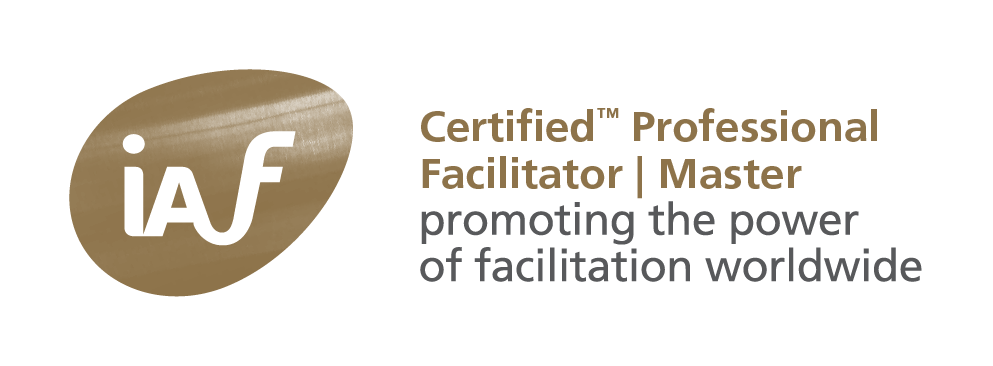 Again, I answered some questions on facilitating. About “keeping plans alive”.
Again, I answered some questions on facilitating. About “keeping plans alive”.
Plans (intentionally no ,) like communicating, are processes. I’ve always abided with the saying by Montgomery: “plans are nothing, planning is everything“. Planning is not about a plan, just as maps are not about territory. Or, my favourite, “Don’t eat the menu!”. This way of working is now commonly called “Agile”, as Gary remarked in “Fellow facilitators, what is your advice to groups about keeping strategic plans alive?” at a Linked-in discussion..
I use planning sessions to find the common assumptions. A plan offers a way to communicate and share assumptions. Executing a plan is a way to test the assumptions, not to realize the plan. That is like the March Hare (from Alice in Wonderland) trying to fix the watch using butter, “But it is very good butter”, the Hare declared. Deviations from a plan usually means that you’re assumptions no longer hold. So don’t hold to the plan
Another remark: be careful with your metaphors. I wouldn’t use “keep plans alive”. Plans only “live” in the heads of people. A plan doesn’t have a life, so there is no need to keep them “alive”. A plan should be used as means to give meaning to (your) life, but a plan is not a goal. Phrasing it like this might induce people to “believe in the plan”, “stick to the plan” and ultimately become unhappy when they couldn’t execute the plan as planned. The paradox is: use planning “errors” or “mistakes” to improve your plans.
Addition: this seems to me, to be a consequence of using the “Conduit Metaphor” in communicating. In the conduit metaphorical-frame, you assume that the meaning is in the words and they just have to be transferred to the receiver to be “understood”. This makes one thinks in terms of “executing a plan” and trying “to get back on plan”. I’m not against plans, but against framing a plan in this way. Using the “toolmaker metaphor”, you could a plan as a set of ideas and assumptions phrased as instructions. You experiment (to use an “ex-phrase” too), find out what works and improve the plan as you go along.
Plans – this I learned while working in logistics – are either lousy or lucky. This is what happens: people will only tell about their “good” plan, when they have been lucky. If it was lousy, you won’t hear about it. This psychological phenomena is called “survivor bias” . The first Law of Planning: “Everything changes, until there is no time to change it”. (In my opinion just another consequence of “Parkinson’s Law”: Work fills the time available for its completion.)
Addition: the paradoxes involved: expressing / power (authority), engaging / perceiving (trust) and belonging / sharing (identification)




